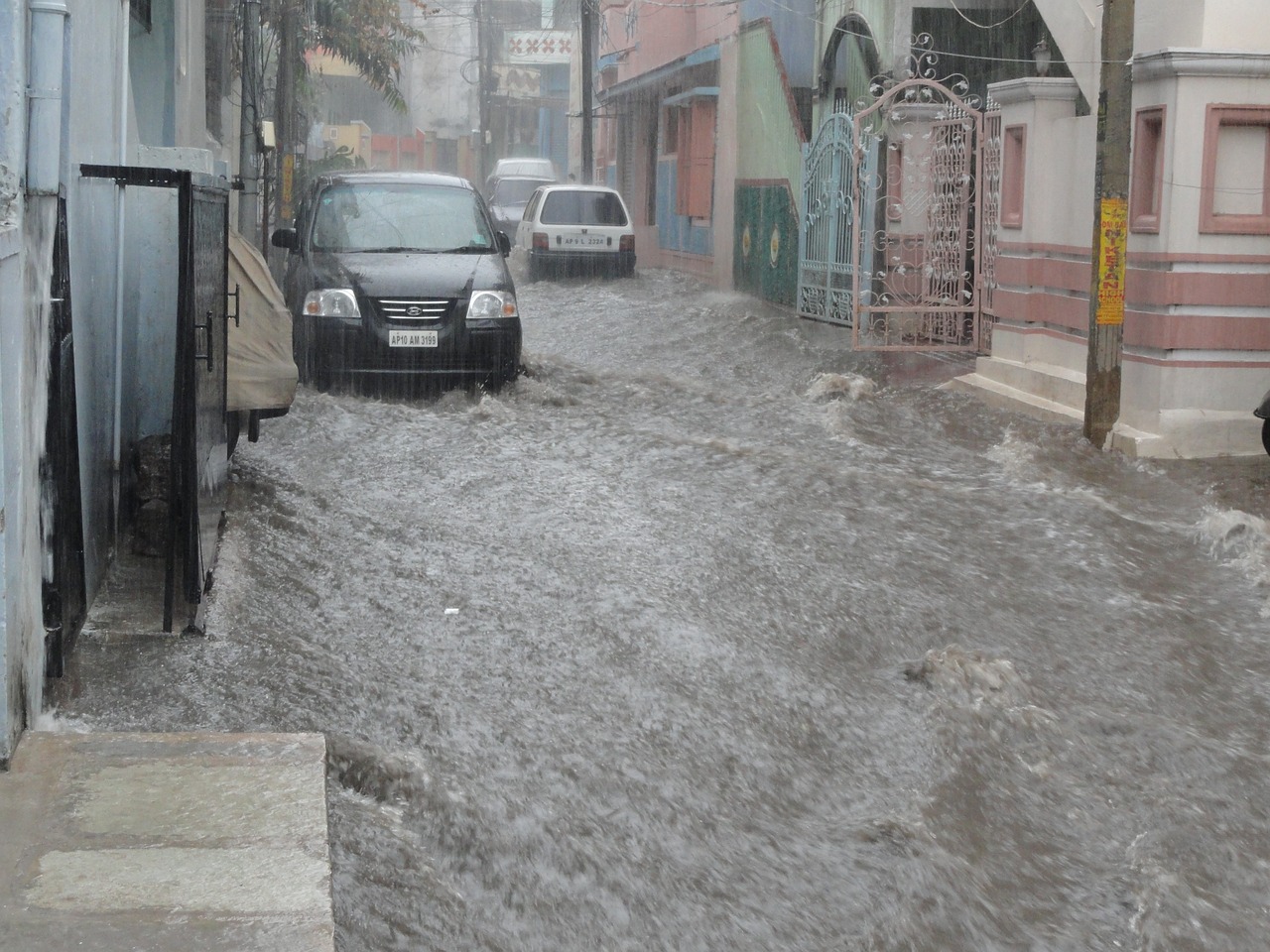In a devastating natural disaster, over 5,000 lives have been lost in Libya as torrential rains caused the rupture of two dams near the coastal city of Derna, resulting in the destruction of significant portions of the city and entire neighborhoods being swept into the sea, as reported by local authorities on Tuesday.
Libya, a North African nation already grappling with political turmoil and division, found itself ill-prepared for the onslaught of Storm Daniel, which made its way across the Mediterranean Sea to pummel its coast. The country, governed by two rival governments, faced a challenging situation for coordinating rescue and relief efforts due to this political divide. Moreover, years of political chaos had left its infrastructure in a state of disrepair.
The city of Derna, with a population of approximately 100,000 people, bore the brunt of the catastrophe, with a staggering death toll of at least 5,200 people, and around 20,000 residents were displaced. Those who managed to escape did so with virtually nothing, leaving behind their homes and possessions.
The flooding caused extensive damage, including collapsed buildings, submerged vehicles, and blocked roads, making it extremely difficult to access the worst-affected areas. Thousands remain missing, and it is feared that the death toll may rise as the situation unfolds.
Analysts have pointed out that Libya’s myriad problems, including political strife, economic instability, corruption, environmental degradation, and crumbling infrastructure, converged in this catastrophic event when the dams south of Derna gave way. This disaster came shortly after a devastating earthquake struck Morocco, further underscoring the region’s vulnerability to natural and man-made calamities.
Anas El Gomati, the director of the Sadeq Institute, a Libyan policy research center, emphasized the stark difference between natural disasters like storms and unpredictable earthquakes, highlighting the incompetence of Libya’s political leadership in handling such crises.
The dams’ failure unleashed a torrent of water that swept through Derna, leaving it in ruins. Conditions on the ground made it extremely challenging to coordinate rescue and aid operations, as access to the most affected areas was cut off or severely restricted.
This disaster drew comparisons to Hurricane Katrina in 2005, which inundated New Orleans after levees failed, highlighting how climate change can exacerbate the impact of such events in conjunction with political conflicts and economic instability.
Libya is particularly susceptible to climate change and severe storms, with rising sea levels and expanded Mediterranean waters posing a significant threat to its low-lying coastal regions. The country’s limited infrastructure and preparedness to handle extreme weather events were starkly revealed by the recent storm, named Daniel.
As the country continues to grapple with the aftermath of this catastrophe, urgent action is needed to address both the immediate relief efforts and long-term climate change adaptation.
On a distressing note, a local official warned of another dam in the eastern region that was on the verge of collapse, further emphasizing the need for maintenance and preparedness.
Derna, once a beautiful seaside town known for its culture and history, has now been ravaged by the unprecedented flooding. This catastrophe serves as a grim reminder of the interconnectedness of environmental degradation, political instability, and inadequate infrastructure.
Libya’s recent history, marked by a revolution that ousted Colonel Muammar el-Qaddafi in 2011, followed by a decade of civil war and foreign involvement, has left the nation fractured and unable to invest in essential infrastructure. Today, Libya is governed by two rival administrations, further complicating response efforts.
The coordination of search and rescue efforts among different authorities in Libya remains uncertain, as medical teams rush to the region to treat survivors and locate the missing. International aid is also beginning to arrive, with the United States pledging emergency funds and support to Libyan authorities and the United Nations.
The immediate priority is to provide rescue workers and specialists equipped to handle flood situations. Communication challenges persist, with power outages and disrupted phone services hindering efforts to locate missing loved ones.
As Libyans piece together the extent of their losses and reach out for help on social media platforms, the magnitude of this disaster underscores the urgent need for international intervention and support.
